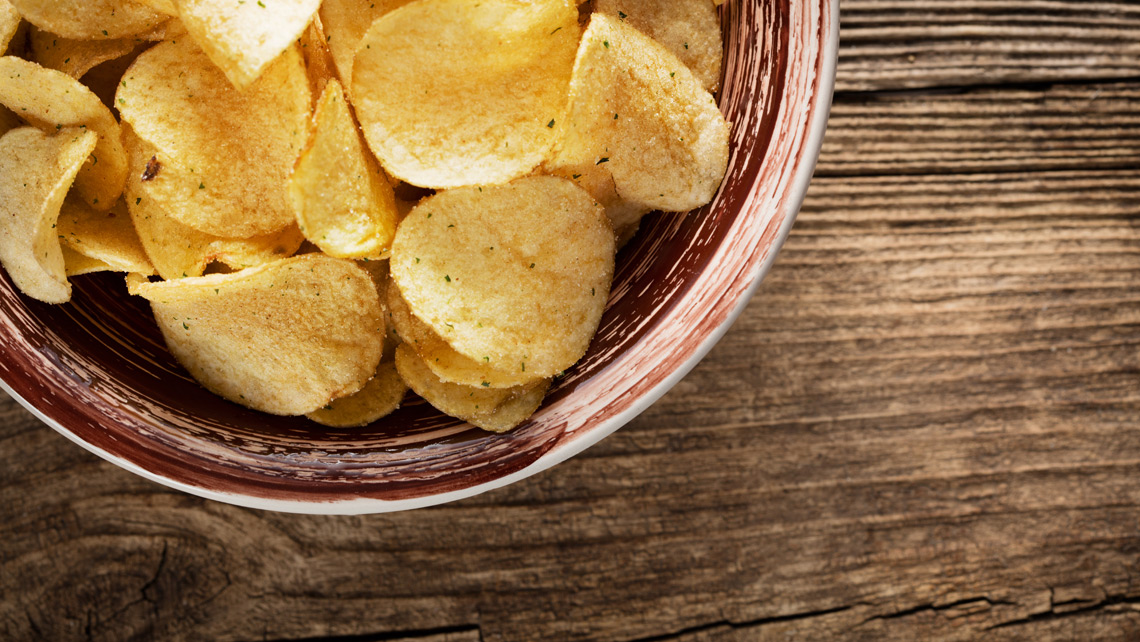Based on their intimate knowledge of the customer’s process and results from thorough lab testing, the team at Kemira identified that switching to Kemira’s Superfloc XD-5500 polymer would deliver significant benefits. After the switch, not only did dewatering performance improve by 6%, but the quality and stability of the centrate – the water that leaves the centrifuge and is fed back into the biological wastewater treatment process – also improved.
With the new chemistry in place we have better process control and a more stable process overall, which means lower overall costs.
“The switch to Superfloc XD-5500 has really paid off for us,” says Patrick Maeyaert. “With the new chemistry in place we have better process control and a more stable process overall, which means lower overall costs,” he explains. “Thanks to Superfloc XD-5500 we’ve also been able to increase sludge input to the centrifuge from 16 m3/h to 18.5 m3/h, meaning we can treat more sludge more quickly.”
Another Kemira product, PIX-111 – an iron-based coagulant dosed prior to the biological treatment of wastewater influent – is used to ensure that the effluent generated by the plant meets the strict standards required by local environmental regulations.
By working closely with Patrick and the team at the plant we have been able to identify the best possible way to help them enhance the performance of the wastewater treatment process.
“Building up a deep knowledge of the water treatment processes at Veurne Snack Foods means we can offer them far more than just chemical products. By working closely with Patrick and the team at the plant we have been able to identify the best possible way to help them enhance the performance of the wastewater treatment process,” says Kemira´s Belgium Sales Manager.
Making sludge pay its way
The improvement in sludge dewatering enabled by Kemira’s chemistries and expertise doesn’t just mean lower disposal costs, it also contributes to the business’s bottom line in another way. The sludge at the plant is pelletized after drying, and these pellets are sold on to a fertilizer producer – creating a source of income for Veurne Snack Foods. The drier the sludge that comes out of the centrifuge, the easier it is to pelletize and the greater the volume of pellets that can be produced.
“Before we switched to Superfloc XD-5500 we were still left with some sludge that wasn’t dry enough for pelletizing and therefore couldn’t be sent on to the fertilizer producer,” says Patrick Maeyaert. “With the improved dewatering performance enabled by Superfloc XD-5500 the non-pelletized sludge is dry enough to be taken by them.”
A fruitful relationship based on knowledge and understanding
Throughout the 2 years that Veurne Snack Foods has been partnering with Kemira, the relationship has been based on a shared desire to achieve continuous improvement. Kemira’s goal is to dig deep and understand the unique needs of the process and, based on that knowledge, propose new products and new approaches to enhance performance.
“What I appreciate the most is Kemira’s proactive approach to suggesting new ways of doing things and new products that would benefit our process based on their expert knowledge, says Patrick Maeyaert. “I like to work in this way, where the supplier comes to us with fresh new ideas and is committed to helping us improve all the time.”

